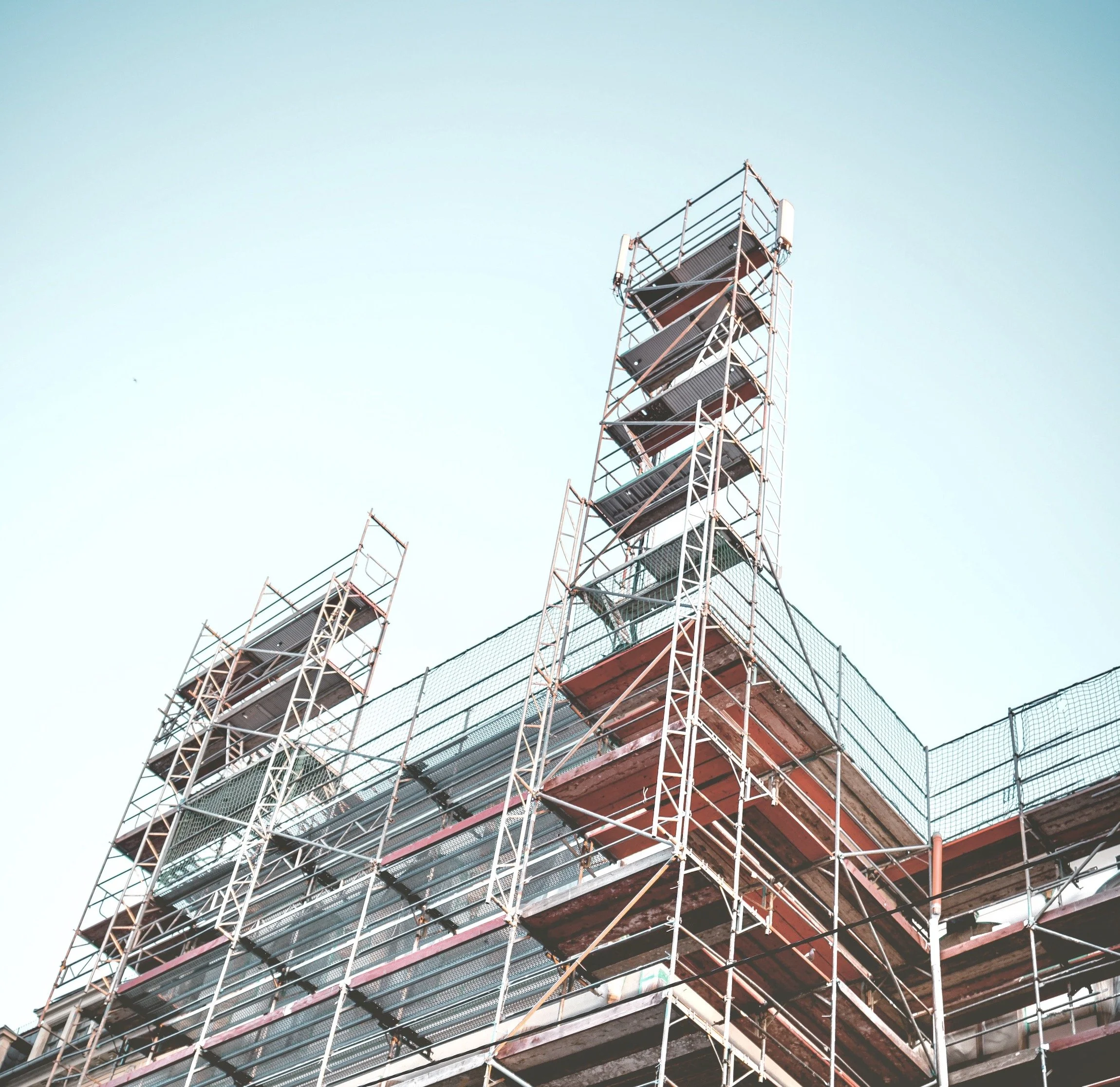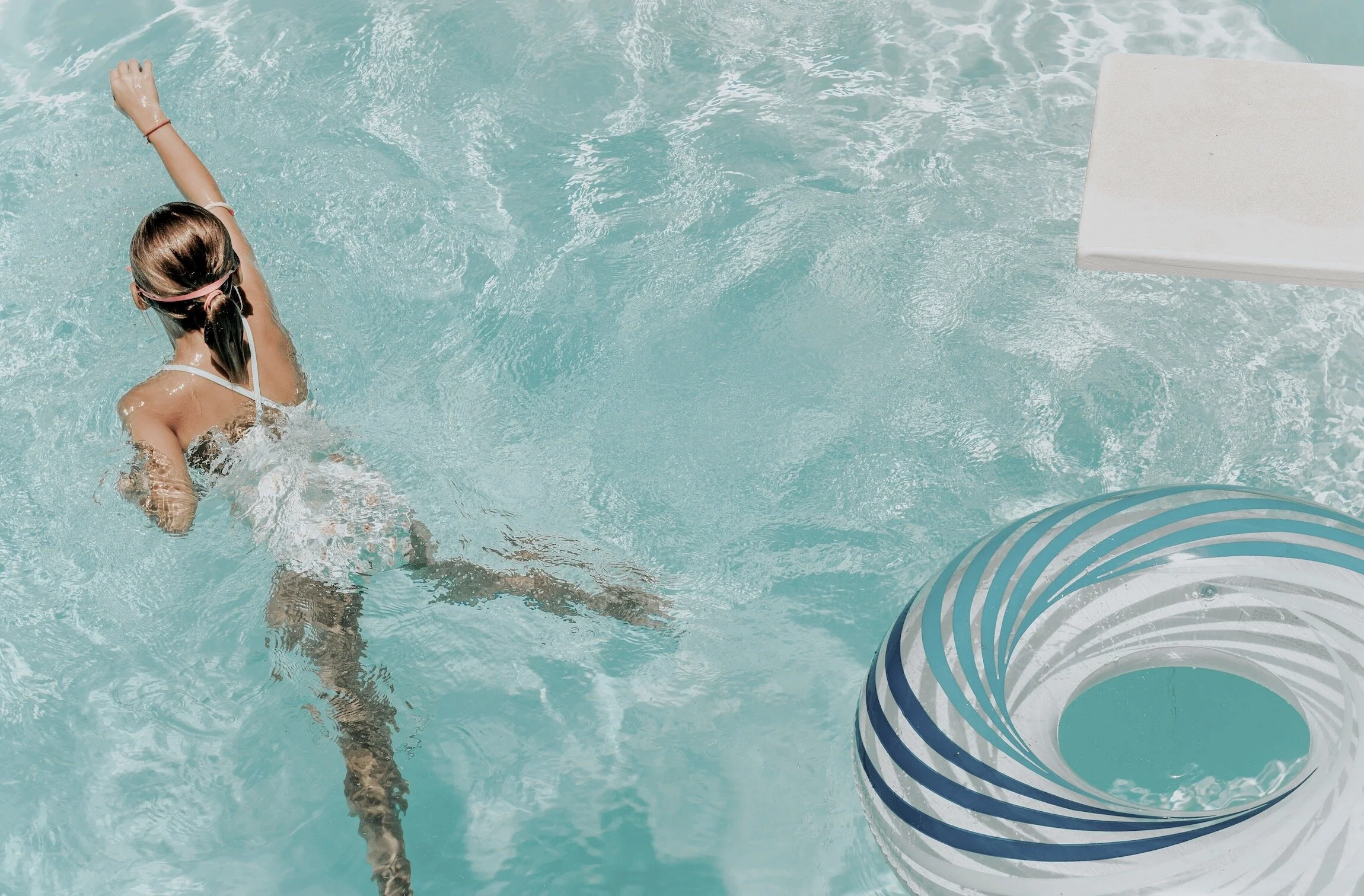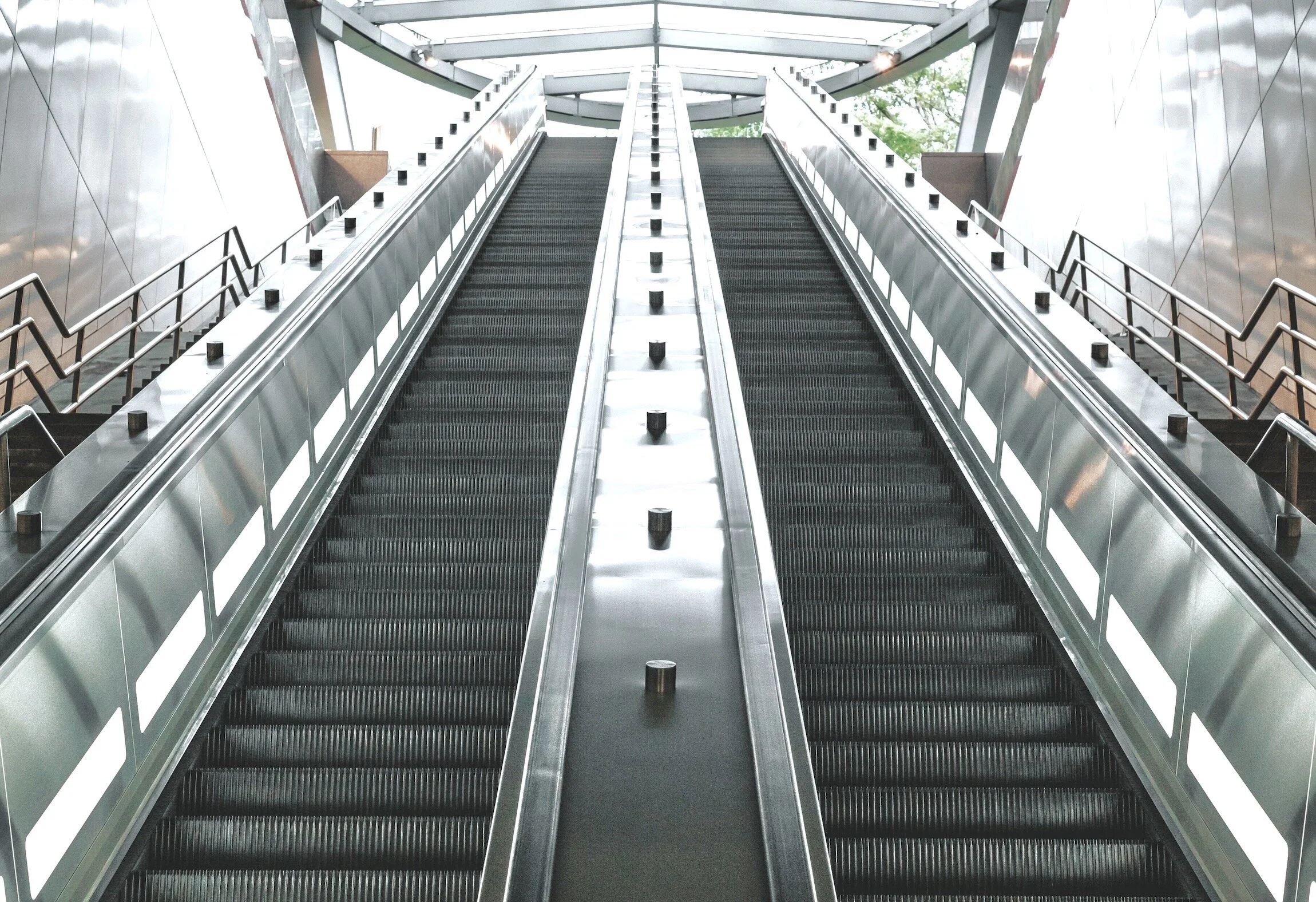Scaffold Parenting
“Parents best support… development by ‘scaffolding,’ which is decreasing their level of guidance and directing as their teen gains more skills and mastery.”
– Emily Edylynn
The picture I have of parenting these days is that of a scaffold. A scaffold is a temporary structure used to support the construction of a building. Without a scaffold, a building cannot exceed a certain height, or certain areas that are otherwise difficult to access cannot be reached. The scaffold itself must be carefully assembled and well-grounded: but though it is itself an important structure, it is by definition temporary. Its purpose is to no longer be needed.
If our children are towers under construction, we can tend to overprotect. We make ourselves walls, shielding our children from all wind and exposure. We don’t allow them to engage with popular culture, do riskier activities, be exposed to things we can’t directly supervise and monitor. We can make ourselves permanent buttresses, constructing for them an identity that is permanently tied to ours. We expect them to hue to certain values, interests, and paths in life. Overprotection may be driven by fear: being afraid of worst possible scenarios, of harmful influences, of losing control.
On the other end, we can overexpose, leaving kids to construct their towers on their own. They have freedom, but can be knocked down or damaged by external forces they aren’t yet strong enough to withstand on their own. They may lack the security, perspective or guidelines to extend to heights they otherwise could. Overexposure may occur when we aren’t paying attention as we should. We may be too fatigued or preoccupied to be more involved. We may have checkmarks for growth that are too simplistic or categorical, not allowing for unique challenges or needs that are less easily seen. We may not be sufficiently clued in to the challenges our kids face from the cultures they live in.
We should instead be like scaffolds, coming alongside our children to support them however they need in their stage of growth. This means studying both our child and the forces in the environment, so we know what they universally and uniquely require, just as a scaffold follows universal principles of construction, yet is unique to the structure it supports. It means providing necessary boundaries and guidelines, just as a scaffold encourages expansion along certain planes and angles, yet recognizing that those boundaries are subject to change, just as sections of scaffolding are gradually adjusted or removed as the building becomes able to stand on its own.
Scaffolding takes work. It’s easier to be a wall (they can’t watch any movie that’s not Disney) or be absent (I don’t really know what’s in what they’re watching) than to support as needed (what is the message this content, even if it’s Disney, sending? are they mature enough to know how to respond? how can we talk about this together?). It’s easier to keep your level of involvement static, than to parent with the flexibility your child will require as they grow older.
That flexibility is perhaps one of the hardest things of all. It is nearly impossible to parent with the totality required to raise someone from the time they are an embryo, without coming to functionally believe you have more ownership and control over the outcome than you may want to admit. Maybe that’s the gift of the teen years: the revelation of the truth that your child is in reality constructing something of their own. Something that’s not you, that’s ultimately not subject to your personal preferences. The instinct which kicks in is either to double-up the walls, or to take it personally, feel hurt and withdraw. But the challenge instead is to remain present—to provide the stability, the authority, the guidance your teen still needs—while allowing them the space they require to discover and become their own person. After all, the whole point of a scaffold is to no longer be needed. And the more we look past all the planks and rails, the more we begin to glimpse the beauty of the unique person they are becoming.






